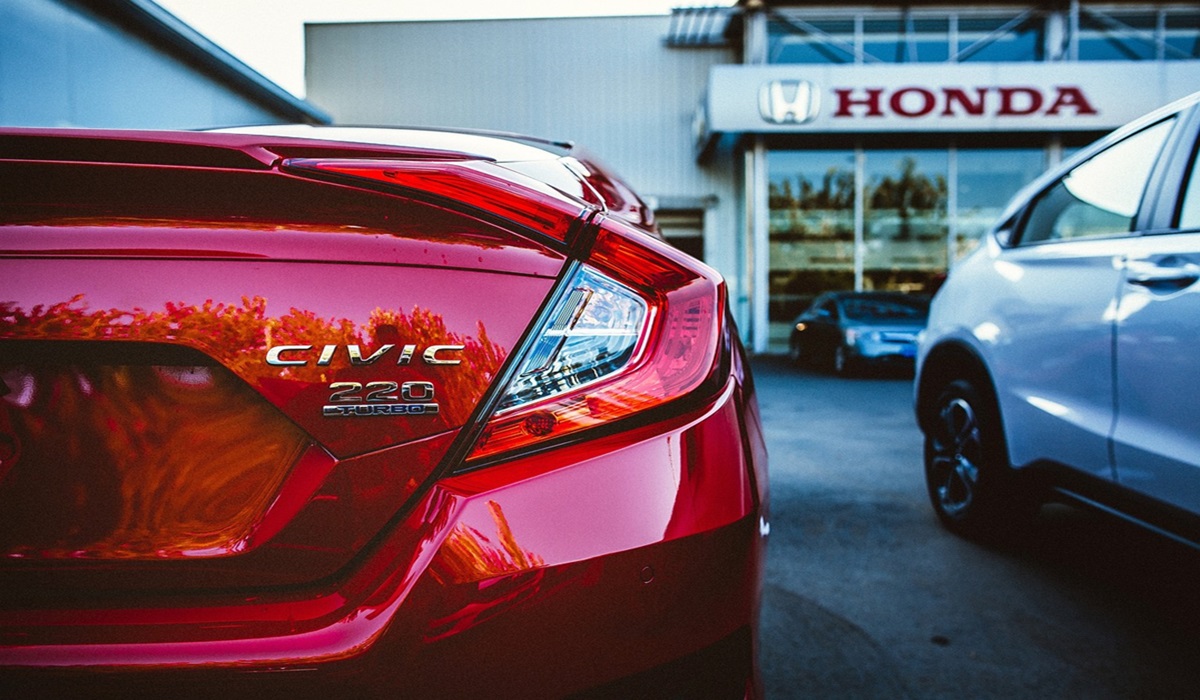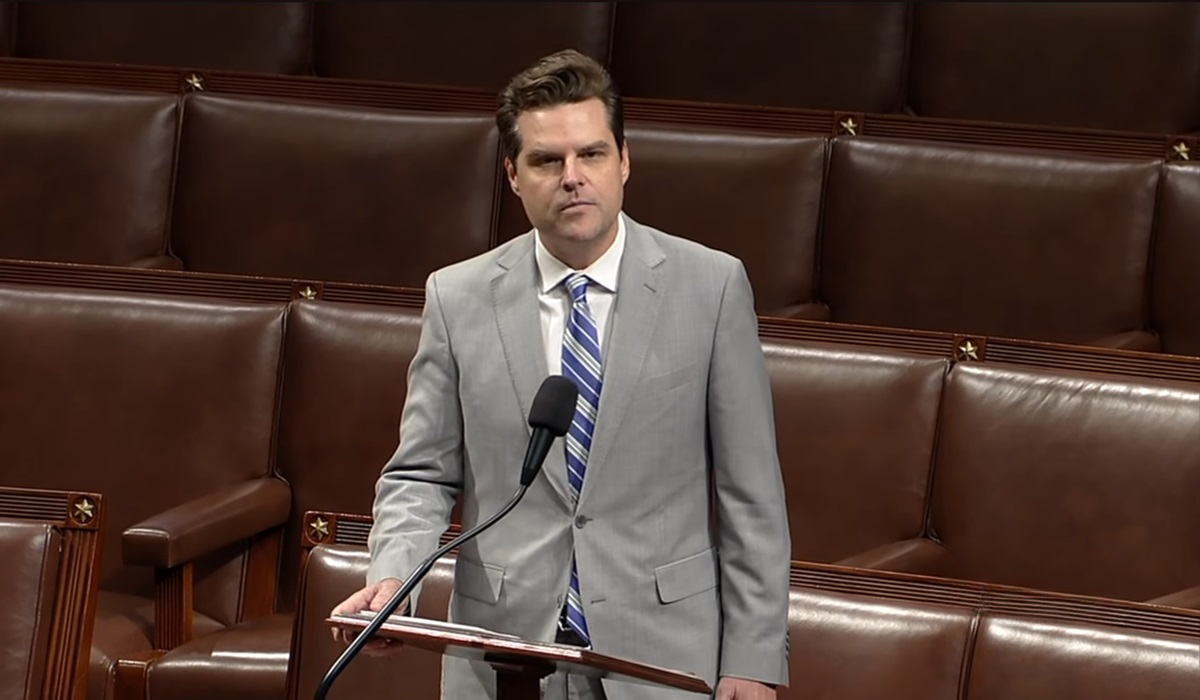Honda and Nissan Announce Historic Merger as EV Pressure Mounts – Mitsubishi May Follow
- Naomi Dela Cruz
- Breaking News
- Business
- December 23, 2024

Image Credit, StockSnap
In a groundbreaking announcement, Honda and Nissan revealed their plans to merge, a bold move poised to reshape the global automotive landscape. The union would establish the newly combined entity as the world’s third-largest automaker, trailing only Toyota and Volkswagen in production capacity. The merger comes amid mounting challenges in the rapidly evolving electric vehicle (EV) market, where Japanese automakers have lagged behind their American and European counterparts.
The talks underscore the urgency for Honda and Nissan to pool resources, streamline operations, and accelerate their EV initiatives. Both companies have struggled in recent years to compete with Tesla’s dominance and the aggressive EV strategies of European brands like Volkswagen and BMW. While Honda has made strides with its recent EV offerings, such as the Honda e, and Nissan has long been a pioneer with the Leaf, the lack of a cohesive, high-volume strategy has left them vulnerable in an industry that is swiftly pivoting toward electrification.
The merger would enable the two giants to share platforms, technology, and production facilities, drastically cutting costs and reducing redundancy. This collaboration is expected to give both companies a competitive edge in scaling up EV production, an area where rivals have already gained significant ground. Industry insiders have speculated that Mitsubishi Motors, a junior partner in the existing Renault-Nissan-Mitsubishi Alliance, could also join the merger, further consolidating Japan’s automotive industry.
This consolidation reflects broader trends in the global auto industry, where manufacturers are facing rising costs, supply chain disruptions, and pressure to meet stricter emissions standards. Recent data highlights a 5% year-over-year drop in global auto production in 2023, exacerbated by semiconductor shortages and labor disruptions. Moreover, global EV sales surged by 55% in the same period, signaling a clear market shift that traditional automakers can no longer afford to ignore.
Should Mitsubishi join, the merger would form a formidable alliance with the potential to rival Toyota’s scale in the Asian market while simultaneously challenging the dominance of Western automakers in Europe and North America. However, significant hurdles remain, including navigating regulatory scrutiny and addressing cultural differences between the companies.
The potential Honda-Nissan merger represents not only a bid for survival but also an opportunity to reinvent their brands in a market where innovation is no longer optional. With the EV revolution accelerating and competition intensifying, the clock is ticking for traditional automakers to adapt—or risk being left in the dust.








